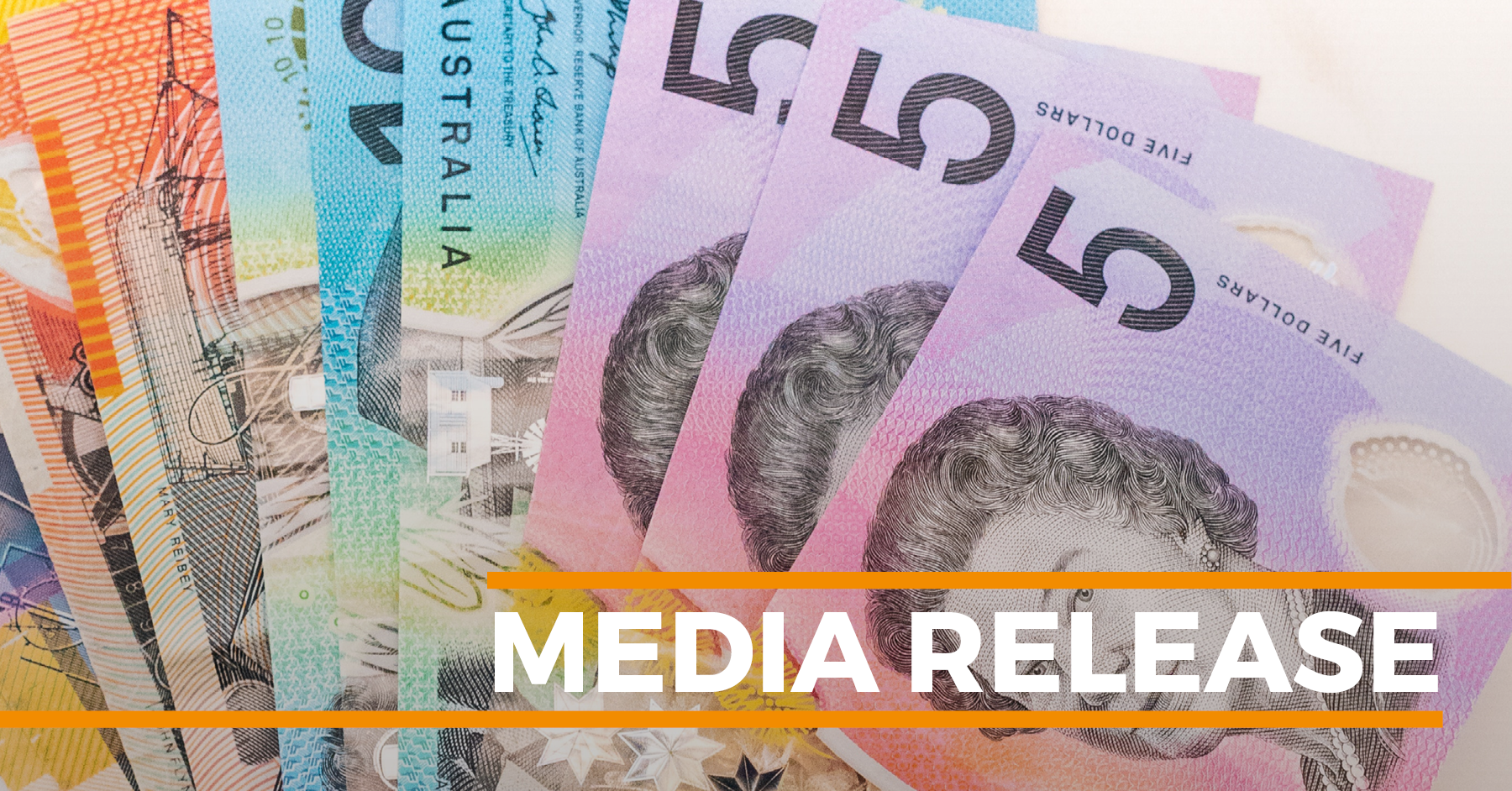Commbank dumps junk – Consumer Credit Insurance (CCI) scandal must end now: Consumer groups
Junk insurance sold with credit cards and loans is on its deathbed according to consumer groups (Consumer Action Law Centre, Financial Rights Legal Centre and Financial Counselling Australia). The comments follow today’s announcement that Commonwealth Bank will stop selling Consumer Credit Insurance (CCI).
“The junk insurance scandal has been allowed to go on for too long. The biggest bank in Australia has now effectively admitted that Consumer Credit Insurance is junk. It’s time for others to follow suit and stop selling this rubbish. We’ve had banks and insurance companies profiting by, in effect, stealing from Australians for over a decade” says Gerard Brody, CEO of Consumer Action Law Centre.
“In 2016 Consumer Action set up DemandARefund.com to help Australians demand their money back for junk insurance and rubbish warranties. The stories we’ve heard have been atrocious – people tricked into buying insurance, insurance slipped into paperwork without people’s knowledge and thousands of dollars being taken from families for no benefit. Australians are sick of being ripped off.”
Consumer Action’s DemandARefund.com tool has helped Australians demand nearly $1 million in refunds on insurance and warranty products. Even this barely scratches the surface – in its submission to the Royal Commission, Consumer Action has estimated that mis-selling in add-on insurance is likely to have cost Australians over a billion dollars over the last ten years.
“Banks and insurers must stop selling junk immediately – rubbish Consumer Credit Insurance needs to be buried away” says Brody.
“The next step is to proactively refund people who’ve been sold hundreds of millions of these junk policies over the last decade. It’s good to see Commonwealth Bank take this action with a refund program attached.”
“Our organisations have seen the impact of these junk products firsthand. Whether it’s a couple of hundred dollars, or a couple of thousand dollars – this money should have been going on food, bills, and education – not being pinched by banks and insurance companies.”


